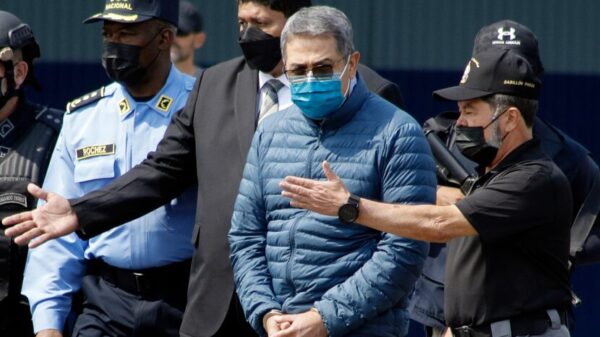The recent move by several Western nations to recognize Palestine as a sovereign state has sparked significant reactions across the Middle East. Arab countries have expressed their support for this decision, viewing it as a pivotal step towards achieving Palestinian statehood. In contrast, Israeli Prime Minister Benjamin Netanyahu has firmly rejected the notion of establishing a Palestinian state, emphasizing Israel’s security concerns.
This recognition comes at a time of heightened tensions in the region. On November 1, 2023, the Arab League convened to discuss the implications of this diplomatic shift. The group underscored the importance of international support for Palestinian aspirations, calling for a renewed commitment to peace talks based on the two-state solution.
Netanyahu’s administration has reacted strongly against the recognition, stating that it undermines the peace process and could lead to further instability. In a statement, Netanyahu declared, “There will be no Palestinian state under my watch,” highlighting Israel’s longstanding concerns regarding security and regional stability.
The diplomatic recognition has gained traction among prominent nations, including the United States and members of the European Union. Their endorsement is seen as a significant development in the ongoing quest for resolution in the Israeli-Palestinian conflict. The recognition aligns with various United Nations resolutions that advocate for Palestinian self-determination.
Arab leaders have hailed the recognition as a necessary acknowledgment of Palestinian rights. They argue that it paves the way for more robust diplomatic efforts aimed at reaching a lasting resolution to the conflict. The sentiment is shared widely among the populace in several Arab countries, where public support for Palestinian statehood remains strong.
As discussions continue, the international community watches closely. The response from Israel and its allies will be critical in shaping the future of peace efforts in the region. Ongoing dialogues are expected to address both the recognition of Palestine and the implications for Israeli security.
This situation underscores the complexities of Middle Eastern geopolitics, where historical grievances and national aspirations often collide. While Arab nations celebrate this recognition as a victory for Palestinian rights, the path forward remains fraught with challenges.





































































